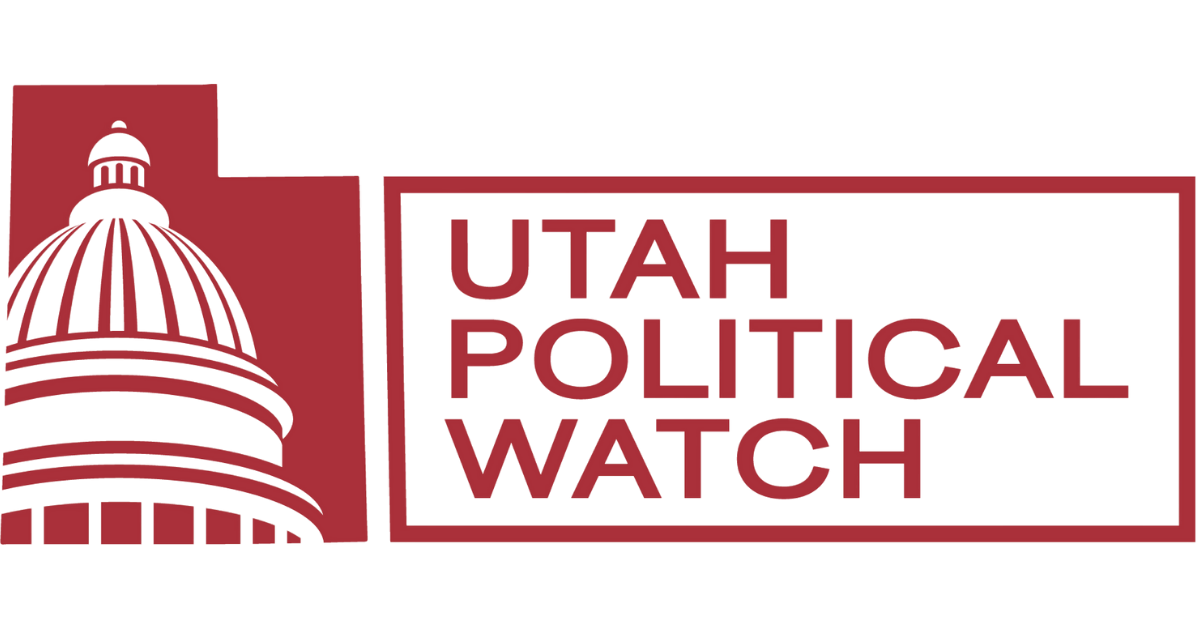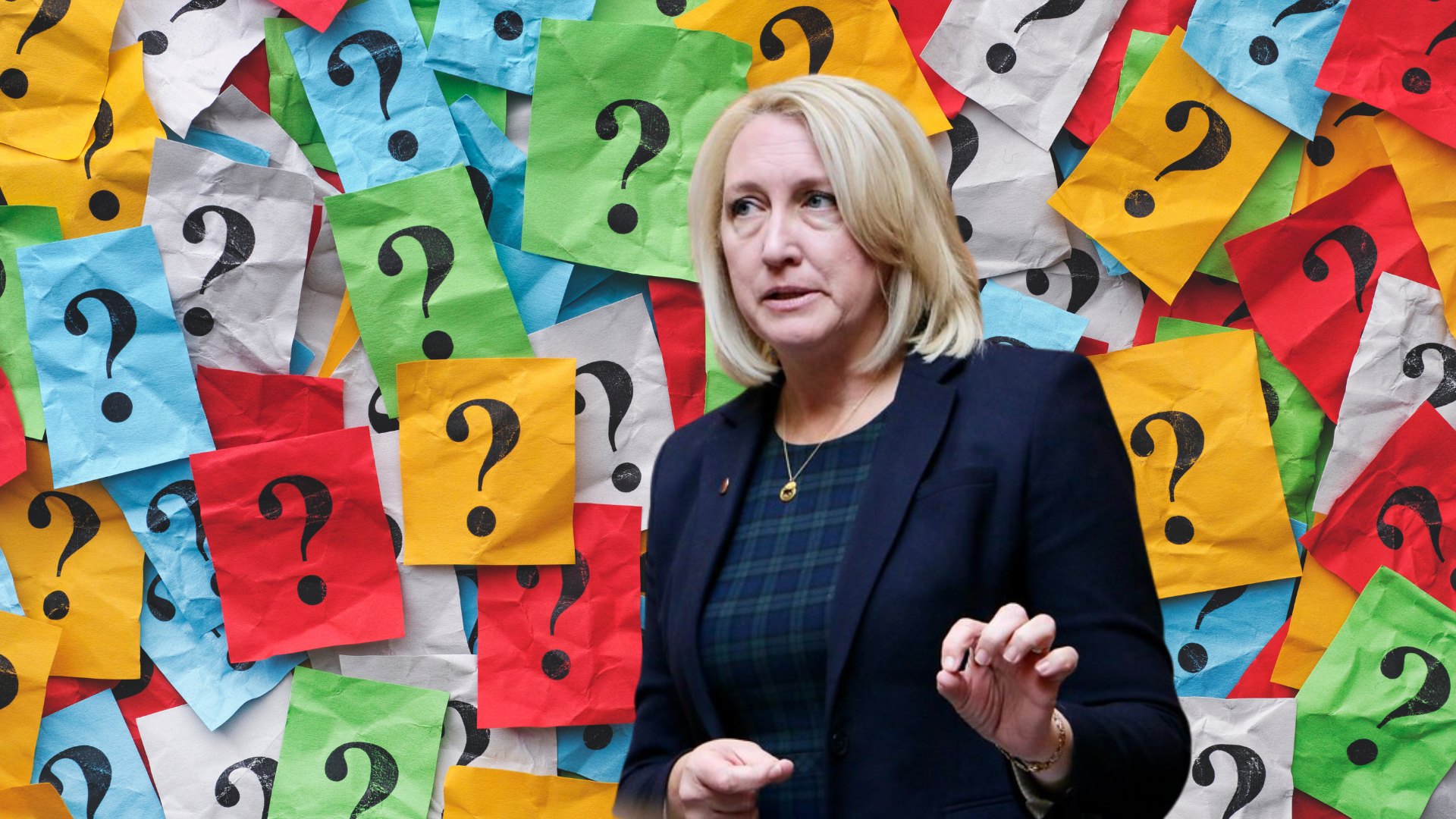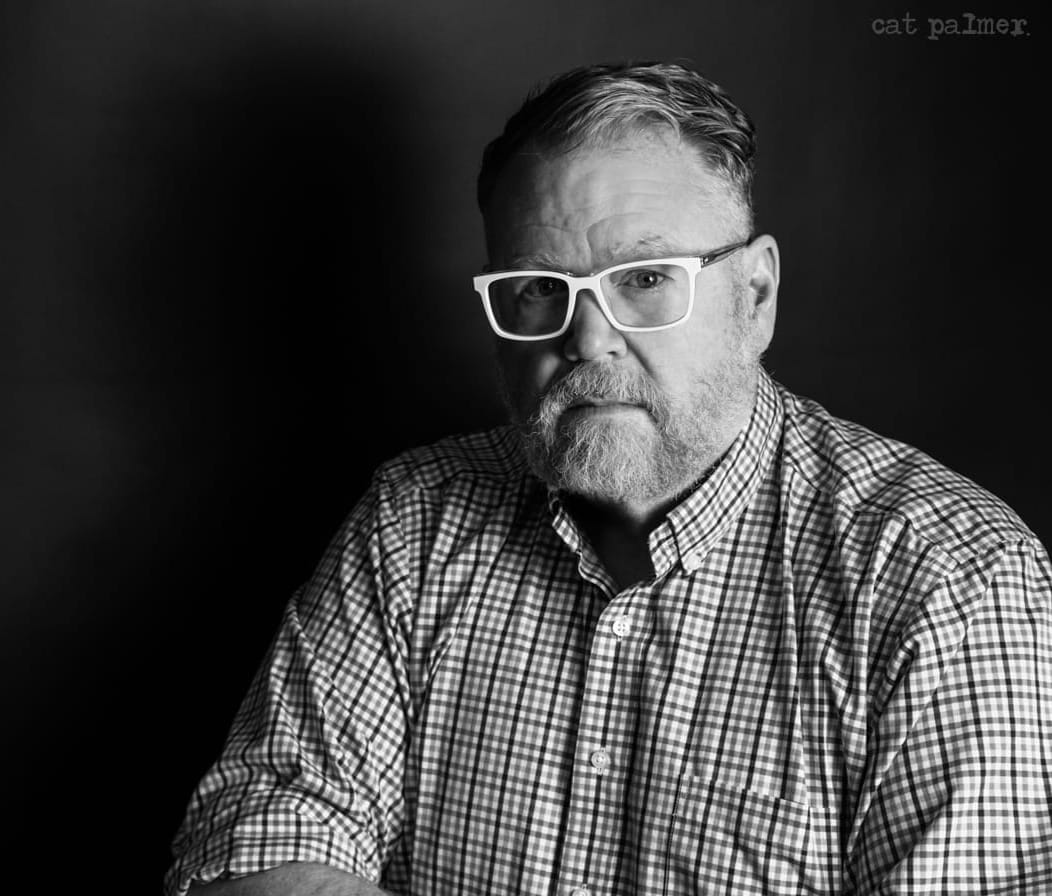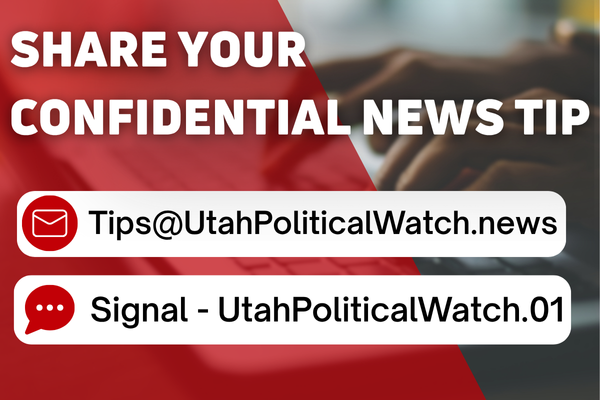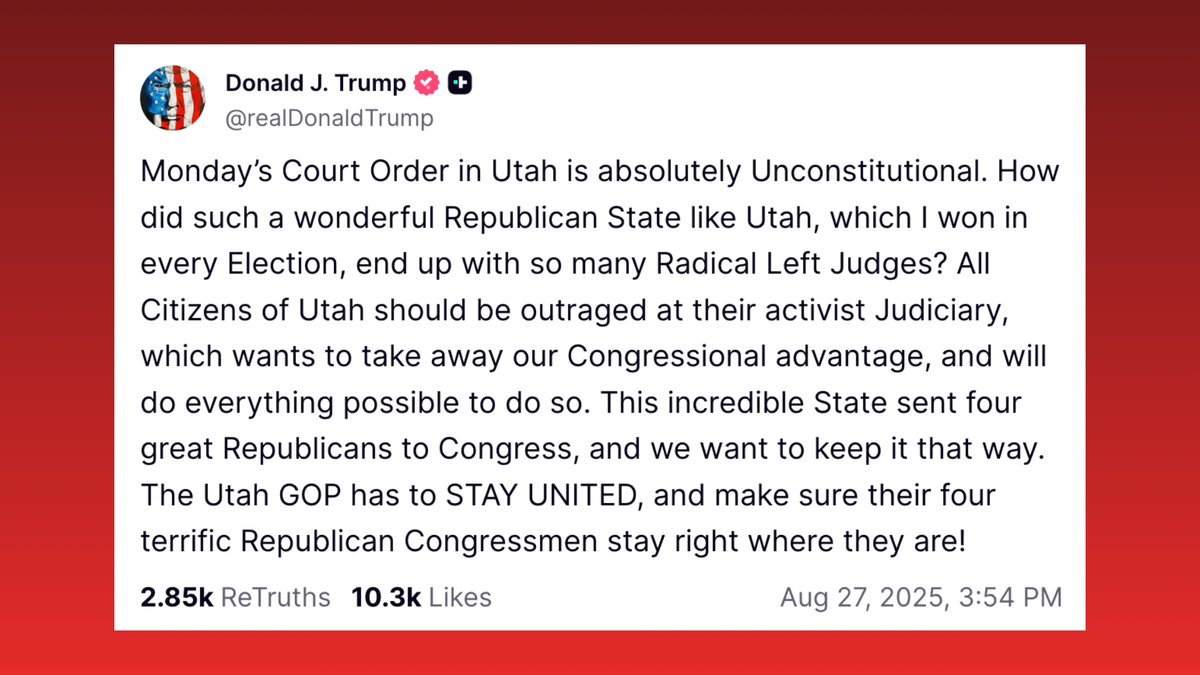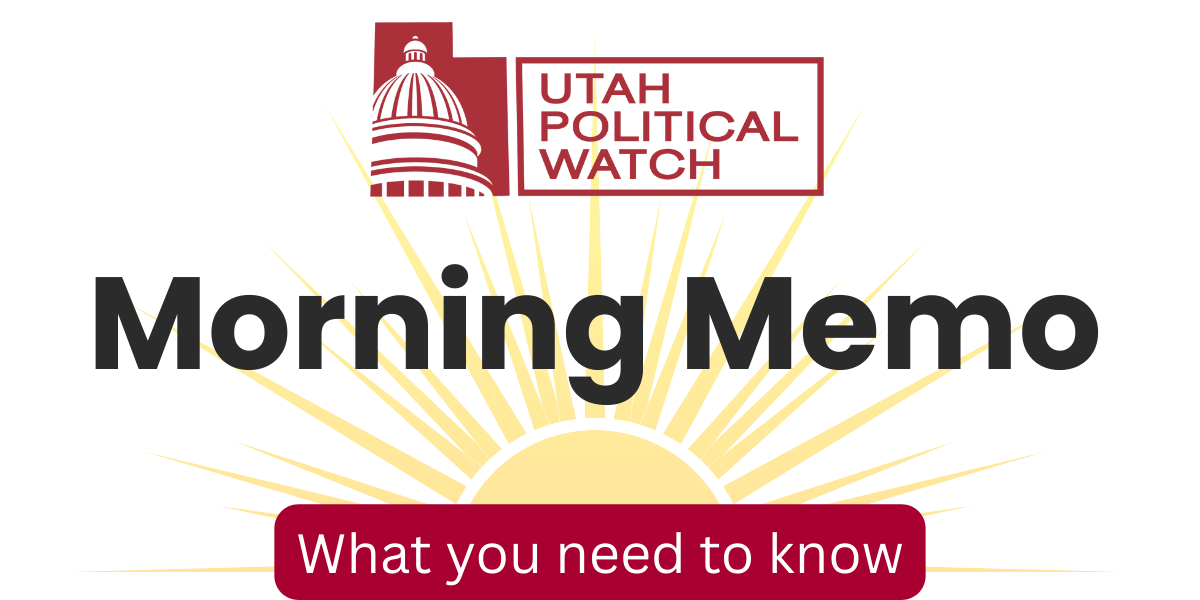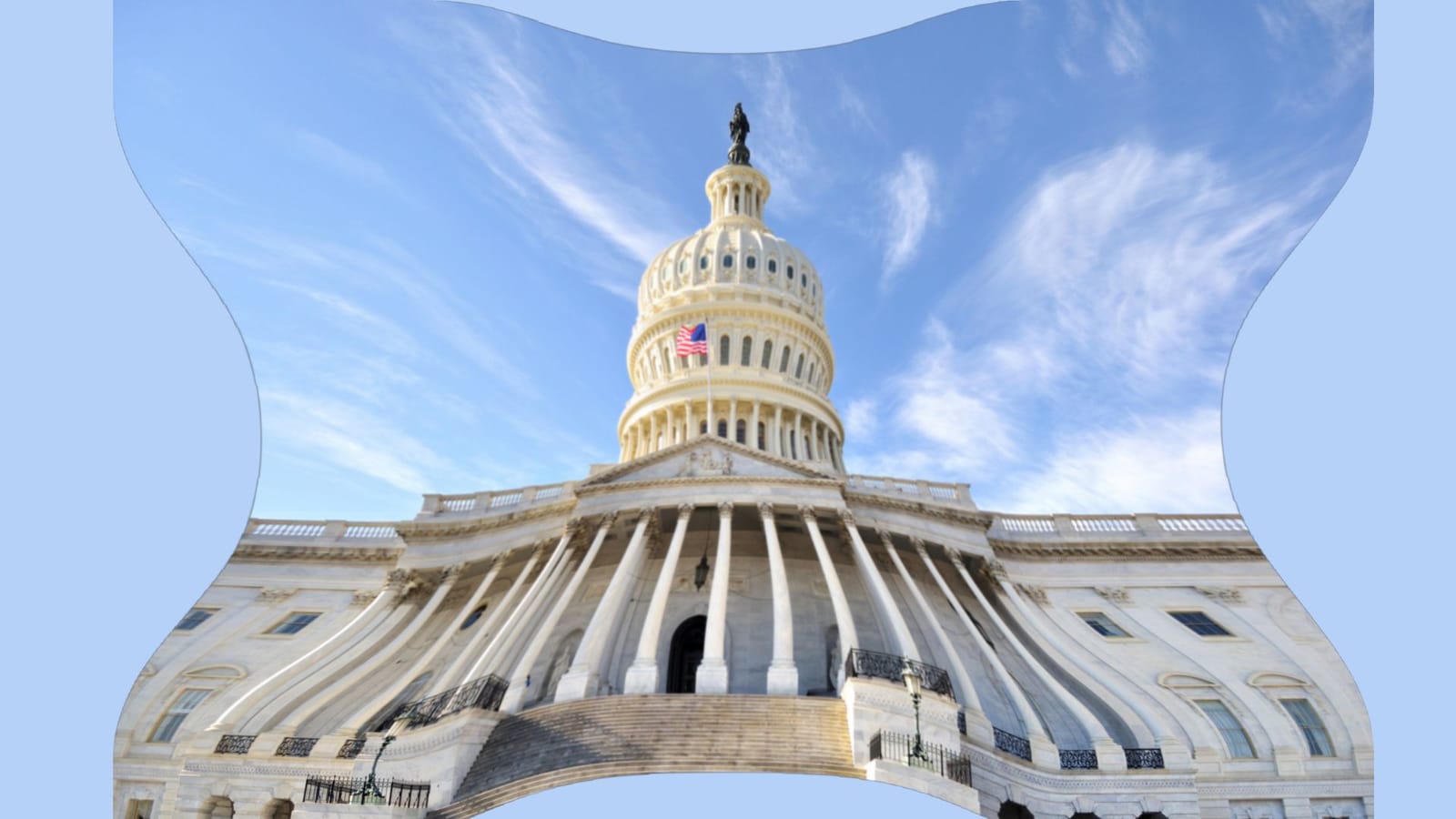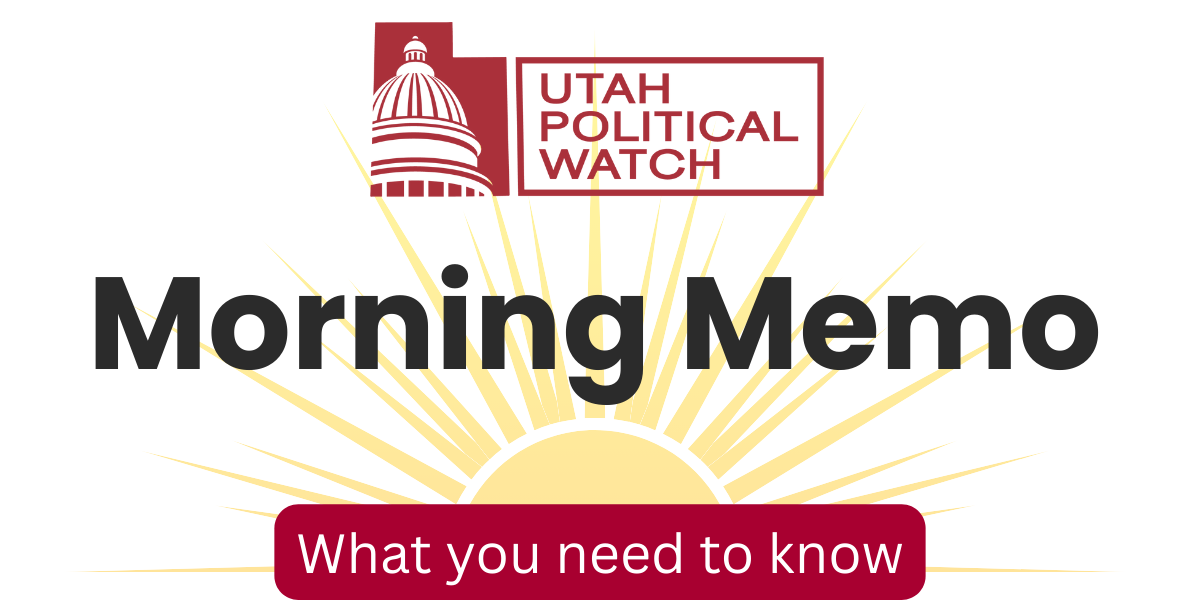Utah Rep. Karianne Lisonbee, R-Clearfield, claims to have “verified” evidence of non-citizens voting in state elections—evidence she conspicuously refuses to share with election officials. The Republican lawmaker is attempting to leverage these unsubstantiated claims to push for strict new voter registration requirements.
At an immigration forum last week, Rep. Karianne Lisonbee, R-Clearfield, said that she's "verified" reports of noncitizens registering and voting in Utah elections. In response, she's hoping to put a bill on the agenda for the likely special session next month to remedy the situation.
So far, Lisonbee has not shared any of that evidence with state elections officials.
During last week’s Government Operations Interim Committee, Rep. Michael Petersen, R-North Logan, stated as fact that illegal immigrants have participated in Utah elections. In response, Davis County Clerk Brian McKenzie said he’s heard the same allegations, but hasn’t seen any evidence to back that up.
“We’ve heard some statements that there are non-citizens registered to vote. We’ve asked for that information to where we can investigate it. As far as I know, that’s not been provided to us or the lieutenant governor’s office,” McKenzie said. “We’d like to know how, when and where we can make sure that if that is happening, we can get that taken care of.”
Lisonbee did not respond to questions from Utah Political Watch about why she has not shared that evidence with election officials.
Curiously, Lisonbee only started to peddle claims about noncitizens on Utah’s voter rolls after a bill she sponsored requiring voters to provide proof of citizenship failed to pass during the 2025 session.
In April, Lisonbee posted on social media that she and others had "discovered that illegal immigrants are voting in Utah elections." She says the source of that allegation is an anonymous whistleblower who has provided information that at least one noncitizen has registered to vote in Utah and cast ballots in several elections.
“This person actually did have a driver’s privilege card. This particular person should not have been allowed to register or vote, and they had been voting in Utah elections for four years,” Lisonbee said during an interview on an obscure far-right podcast that amplifies conspiratorial content.
Text messages and emails obtained by Utah Political Watch previously showed election officials asking Lisonbee to share the information provided to her by the whistleblower so they could investigate. She refused.
Federal law already bans noncitizens from voting in federal elections. Noncitizens who try to register to vote or cast a ballot face serious criminal penalties, including prison or deportation.
Republicans have ramped up fearmongering about the possibility of noncitizens registering and voting for nearly a decade, beginning with President Donald Trump’s unfounded claims that his popular vote loss in the 2016 election was due to illegal immigrants voting for Democrat Hillary Clinton.
The fears about illegal immigrants casting ballots are an offshoot of the racist “great replacement” conspiracy theory, which claims that there is a plan to bring nonwhite immigrants into the U.S. and other countries as part of a plan to take over the government and political systems.
In reality, there’s almost no evidence that noncitizens are voting in American elections, especially in numbers to potentially tip the outcome of an election.
A study conducted by the Brennan Center for Justice following the 2016 election examined elections in 42 jurisdictions with high immigrant populations. Out of the 23.5 million votes in the study, there were just 30 suspected cases of noncitizens voting.
Other audits have yielded similar results.
- A 2016 audit in North Carolina found 41 cases of green card holders who had voted out of 4.8 million voters in that state. Many of those had been misinformed that they were eligible to vote.
- A 2023 study of voters in Arizona found fewer than 1% of the noncitizens in the state have tried to register to vote, and most of those incidents were believed to be mistakes.
- Last year Georgia found 20 suspected noncitizens on their voter rolls out of more than 8 million registered voters. Nine of those had apparently voted in previous elections. All 20 cases were referred to law enforcement.
The push for proof-of-citizenship requirements in Utah mirrors a wider national strategy where unsubstantiated voter fraud claims are increasingly used to justify restrictive voting measures. Critics argue these requirements could effectively disenfranchise legitimate voters, particularly elderly and low-income citizens who may struggle to obtain necessary documentation.
According to the nonprofit Voting Rights Lab, Wyoming and Indiana were the only states to enact proof of citizenship legislation this year. 25 others, including Utah, considered some sort of proof of citizenship legislation in 2025.
